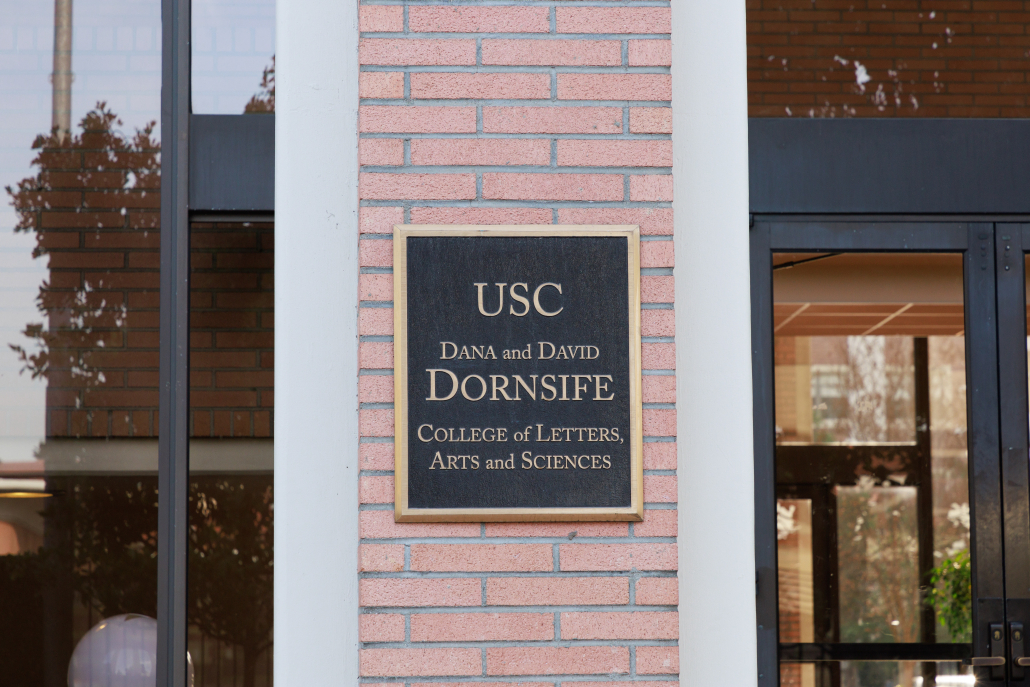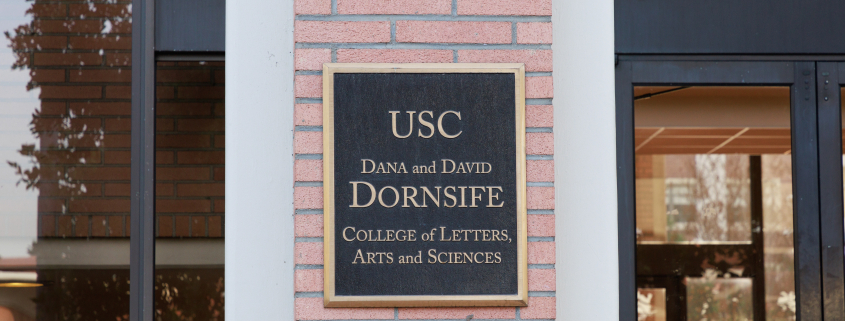Indigenous scholars discuss representation

From British Columbia to Texas and California, Indigenous scholars from four universities — USC professor Chris Finley, UC Santa Cruz community archivist Rebecca Hernadez, University of Texas professor Loriene Roy and University of British Columbia professor Shawn Wilson — came together for an event called “Decolonizing Research.” Hosted by USC Visions and Voices Wednesday night, the converstaion included discussions of the complicated relationship between Indigenous scholars and academic and cultural institutions that have systematically “erased, co-opted and excluded them.”
Finley, an assistant professor of American studies and ethnicity, began the talk by defining the decolonization of research, which includes putting research into Indigenous frameworks, knowledge, cultures and common sense.
One key component of decolonizing research, Finley said, is understanding that — unlike Western culture where “everything is up for grabs” — a lot of Indigenous cultures may have only some community members know information about certain traditions, either by working extensively with older adults or through ceremonies.
“Usually, it’s only people with doctorate degrees that get to be experts, but we have a lot of elders in our communities that are experts and there’s a lot of different people that have different experiences,” said Finley, who is part of the Confederated Tribes of the Colville Reservation. “Trying to survive genocide is an experience that you don’t go to school for, you experience and survive through.”
As a student enrolled in Finley’s Native studies course, Mallory Novicoff said she was required to attend the event but wanted to join anyway because of her interest in French colonization in the Great Lakes region and North America. Novicoff said she enjoys learning about the diversity of Native communities as she believes American education homogenizes Native people.
“There’s hundreds of different communities, different groups with different names, different languages, different sets of cultural practices,” said Novicoff, a senior majoring in history and French. “[The panelists] in the seminar did a great job of resisting that monolithic narrative that is often shared in the colonial academic space.”
Wilson, a member of the Opaskwayak Cree Nation, said he hopes attendees learn that the discussion is not solely about gathering knowledge but also about relationships.
“Everything that is in the whole cosmos is built from relationships,” Wilson said. “Relationships are the key to understanding everything there is to know about the universe — so we are not just in relationships with other people, we are in relationships with animals and plants … but also things like ideas, abstraction.”
Wilson said it is simple to see the physical impact of colonization through genocide and violence. However, some long-term impacts of the attempted genocide on Indigenous peoples is of colonial powers success in “attacking [indigenous] ways of thinking.”
“So not just our physical bodies, but how we go about doing things like research … child rearing, our whole knowledge systems basically,” Wilson said. “It’s important to think about how we can change your ways of thinking to revitalize traditional ways of thinking about the world.”
Finley said she hopes attendees will realize that “research and education can be different if we want it to be.” Ultimately, she said, it becomes dependent on power.
“Decolonize research doesn’t mean a more limited research, it actually can mean a more expansive research experience and really question what learning and knowledge actually is about,” Finley said. “Instead of trying to take power, we can try to make power.”

